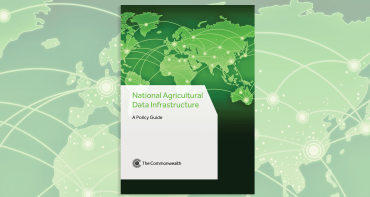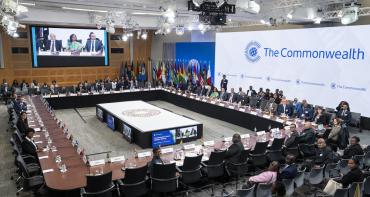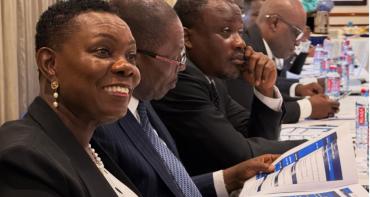Asian countries of the Commonwealth have gathered in New Delhi, India, this week to deliberate on how to respond to major shifts in the global trade landscape.

Asian countries of the Commonwealth gathered in New Delhi, India, this week to deliberate on how to respond to major shifts in the global trade landscape.
On 5-6 June, trade officials and experts from the region took part in the Commonwealth regional consultation on multilateral, regional and emerging trade issues for Asia, organised by the Commonwealth and the Confederation of Indian Industry.
Opening the event with a keynote address, Secretary of the Department of Commerce of the Indian Ministry of Commerce and Industry, Rita Teaotia, outlined the challenges facing global trade, including protectionism and threats to the World Trade Organisation system (WTO).
She also highlighted the opportunities for Commonwealth countries to collaborate and sustain an open and inclusive trading system, adding that: “Services exports and the development of the services sector should be a major focus of future Commonwealth collaboration.”
In his opening remarks, Teddy Soobramanien, a Commonwealth trade expert, underlined the importance of such meetings in building consensus around common issues and sharing experience on trade issues among Commonwealth members. He also stressed the importance of the multilateral trading system to Commonwealth members, especially small and least-developed countries.
Villur S Seshadri, Senior Adviser at the Confederation of Indian Industry, highlighted the importance of strengthening the WTO system, by strengthening mechanisms to settle disputes and by deepening member’s understanding of emerging trade issues such as e-commerce, micro, small and medium enterprises and investment facilitation. He added that South Asian countries need to address non-tariff barriers and improve connectivity at the regional level to foster greater economic integration.
Presenting the main findings from the 2018 Commonwealth Trade Review, Brendan Vickers, an Adviser for the Commonwealth, said that intra-Commonwealth trade and new investments are collectively expected to surpass $1.5 trillion by 2020.
“Although the Commonwealth is not a trading bloc, there are tremendous opportunities for member countries to boost trade, investment and innovation by leveraging new technologies, especially digitisation, and strengthening their domestic trade governance to further reduce costs and foster new trade and investment,” he told participants.
Asian countries now account for 41 per cent of intra-Commonwealth trade, while India is the leading country for attracting new foreign direct investment, not only from the Commonwealth but from across the world. India, Malaysia and Singapore are emerging as major players in driving trade and investment flows among Commonwealth nations.



